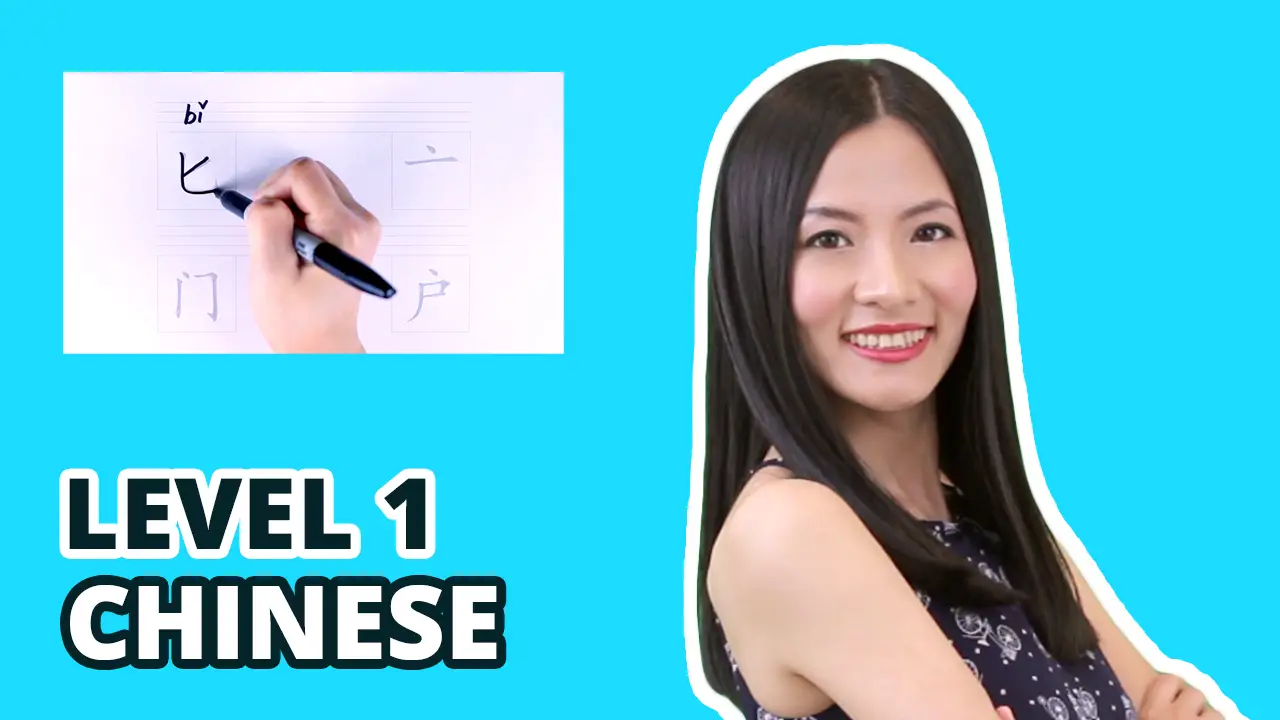Level 1 Unit 10 – Dialogue 2: Talk About Transportation
INTERPERSONAL
Transportation in Chinese – HSK 1 Listening Practice
Unit 10 Review 2 ▸ In this HSK 1 Listening Practice Unit Review, we will practice how to talk about transportation in Chinese with a dialogue.
INSTRUCTIONS
- Listen to the dialogue
- Repeat after the dialogue
- Answer the given questions
- Copy the transcript both by typing and handwriting
- Practice daily until fluent
QUESTIONS
马可 is talking to his friend 高飞。
- How did 马可 go to 高飞’s place?
- Why didn’t 马可 take the subway today?
- How did 马可 go to 高飞’s place last week?
- When did 马可’s girlfriend buy the car?
- When and where did 马可 learn how to drive?
TRANSCRIPT
马可=Mǎkě 高飞=Gāofēi
*The English translation is made to be literal for a better understanding of the Chinese sentence structures and language flow.
高飞:Thank you (for) coming to my home. You -shi- sit subway to come -de- -ma?
马可:No, I -shi- sit taxi to come -de-.
高飞:You how come not sit subway to come -ne? Subway (is) pretty cheap, also pretty fast.
马可:I every day all sit subway to go to school, today (I do) not want to sit -le.
高飞:Taxi how (is)? Fast –ma? Expensive -ma?
马可:Taxi (is) also pretty fast, also pretty expensive.
高飞:You last week also -shi- sit taxi to come -de- -ma?
马可:Last week? I last week -shi- drive car to come -de-.
高飞:You bought car –le? How come not tell me? -Shi- when buy -de-?
马可:That “liang” of car not is mine, -shi- my girlfriend last month buy -de-. I last week -shi- drive her car to come -de-.
高飞:You and your girlfriend both like driving car -ma?
马可:We both (do) not like driving.
高飞:You -shi- how old to learn and know how to drive car -de-?
马可:I -shi- 17 years old in America learned and knew how to drive car -de-, you -ne?
高飞:I -shi- also 17 years old learned and knew how to drive car -de-. I now (do) not like drive car, I like sitting subway and taxies.
马可:I now also (do) not like driving car, in China driving car (is) too slow, sitting subway (is) fast.
8 Comments
Leave a Reply
You must be logged in to post a comment.

1. How did 马可 go to 高飞’s place?
他是坐出租车来的。
2. Why didn’t 马可 take the subway today?
她每天都坐地铁去学校, 今天不想坐了。
3. How did 马可go to 高飞’s place last week?
他上个星期是开车来的。
4. When did 马可’s girlfriend buy the car?
上个月。
5. When and where did 马可 learn how to drive?
十七岁在美国。
Level 1 Unit 10 – Dialogue 2: Talk About Transportation
谢谢你来我家,你是坐地铁来的吗?
不是,我是坐出租车来de。
你怎么不坐地铁来ne?
地铁很便宜,也很快。
我每天都坐地铁去学校,
今天不想坐了。
出租车怎么样?快吗?贵吗?
出租车很快,也很贵。
你上个星期也是坐出租车来的吗?
上个星期?
我上个星期是开车来的。
你买车了?怎么没告诉我?
是什么时候买的?
那辆车不是我的,是我女朋友上个月买的。
我上个星期是开她的车来的。
你和你女朋友都喜欢开车吗?
我们都不喜欢开。
你是多大学会开车的?
我是十七岁在美国学会开车的,你呢?
我也是十七岁学会开车的。
我现在不喜欢开车, 我喜欢坐地铁和出租车。
我现在也不喜欢开车。
在中国开车太漫了,坐地铁快。
Hi,
I have a question regarding the 是。。的 sentence structure. In the third sentence from the end of the dialog 马可 says:
我是十七岁在美国学会开车的
I noticed that 的 comes after 车 in this sentence – not after 开 (the verb). In most of the examples in lesson 30.1 的 comes right after the verb.
Thanks,
开车 is a 离合词(líhécí ▸ Detachable Compound), and this means that 开车 can be treated as a verb and also a verb-Object phrase.
Hi, could you explain further why “的” does not come right after “学会“ as I assume the Detachable Compound “开车” in this sentence acts like a “object”.
Why do we not say “我是十七岁在美国学会的开车”?
Thank you so much!
We interpret “学会开车” as “learn to drive,” where two verbs appear in succession, similar to how we say “学会写” (“learn to write”).
So it’s natural to say: “我是十七岁在美国学会开车的。”
高飞:谢谢你来我家。你是坐地铁来的吗?
马可:不是,我是坐出租车。
高飞:你怎么不坐地铁来呢?地铁很便宜,也很快。
马可:我每天到坐地铁去学校,今天不想做了。
高飞:出租车怎么样?快吗?贵吗?
马可:出租车很快,也很贵。
高飞:你上个星期也是坐出租车来的吗?
马可:上个星期?我上个星期是开车来的。
高飞:你买车了?怎么没告诉我?是什么时候买的?
马可:那辆车不是我的,是我女朋友上个月买的。我上个星期是开他的车来的。
高飞:你和你女朋友都喜欢开车吗?
马可:我们都不喜欢开。
高飞:你是多大学会开车的?
马可:我是十七岁在美国学会开车的,你呢?
高飞:我也是十七岁学会开车的。我现在不喜欢开车,我喜欢坐地铁和出租车。
马可:我现在也不喜欢开车,在中国开车太慢了,坐地铁快。
我希望您做汉语课视频到 HSK 9。你的汉语课视频很有帮助。